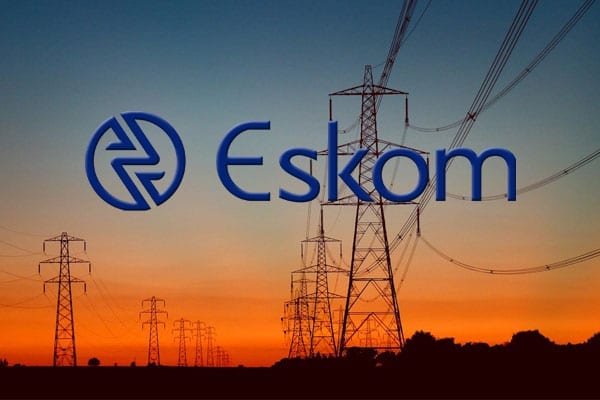 Eskom was dealt another blow this week after global ratings agency Standard & Poor’s (S&P) downgraded the power utility’s credit rating from BB+ to BB.
Eskom was dealt another blow this week after global ratings agency Standard & Poor’s (S&P) downgraded the power utility’s credit rating from BB+ to BB.
S&P said Eskom faced increased financial pressure as it was on an “uncertain tariff path” as a result of its ongoing court case against the National Energy Regulator of South Africa (NERSA).
The ratings agency also said it was concerned about the uncertainty that surrounded government’s decision to extend the availability period of the current R350 billion Government Framework Agreement (GFA), which will expire at the end of March next year.
“We are confident that the current process to extend the GFA availability period will be achieved to address the rating agency’s concern,” Eskom said in a statement. “It is clear from this ratings announcement that regulatory and tariff certainty is critical for Eskom’s financial sustainability, therefore the conclusion of the ongoing court case against NERSA is imperative for the determination of an appropriate tariff regime.”
The power utility said that its ratings downgrade will not have a material impact on its funding plans for the financial year ending 31 March 2017.
“Eskom has secured funding of 86% for this period and this we believe will mitigate possible liquidity risks,” Anoj Singh, Eskom’s chief financial officer said.
OUTA calls for forensic investigation
The Organisation Undoing Tax Abuse (OUTA) weighed in on Eskom’s downgrade and said it was “high time for all concerned South Africans to rally for a full forensic audit into Eskom”.
OUTA said it was clear that years of financial mismanagement was what led to “the need for unacceptably high and economy damaging electricity tariff hikes”. It said these hikes, combined with government financial guarantees (that amounted to approximately R358bn), was used to keep the institution on its feet.
“Eskom’s rising debt levels is likely to drive the electricity price beyond most consumers and this in turn is a serious risk which could lead to Eskom’s demise,” OUTA said.
The organisation highlighted that previous cases of fraud and irregular expenditure across various public platforms was a clear indication that Eskom as a state-owned entity was being abused.
The organisation said a forensic investigation into the power utility would provide clarity and insights to many questions. The organisation said if answers were not provided, it would “not do the nation or Eskom any favours as we grapple with its economic survival and ability to meet the nation’s future energy needs.”
 Eskom was dealt another blow this week after global ratings agency Standard & Poor’s (S&P) downgraded the power utility’s credit rating from BB+ to BB.
Eskom was dealt another blow this week after global ratings agency Standard & Poor’s (S&P) downgraded the power utility’s credit rating from BB+ to BB. Eskom was dealt another blow this week after global ratings agency Standard & Poor’s (S&P) downgraded the power utility’s credit rating from BB+ to BB.
Eskom was dealt another blow this week after global ratings agency Standard & Poor’s (S&P) downgraded the power utility’s credit rating from BB+ to BB.